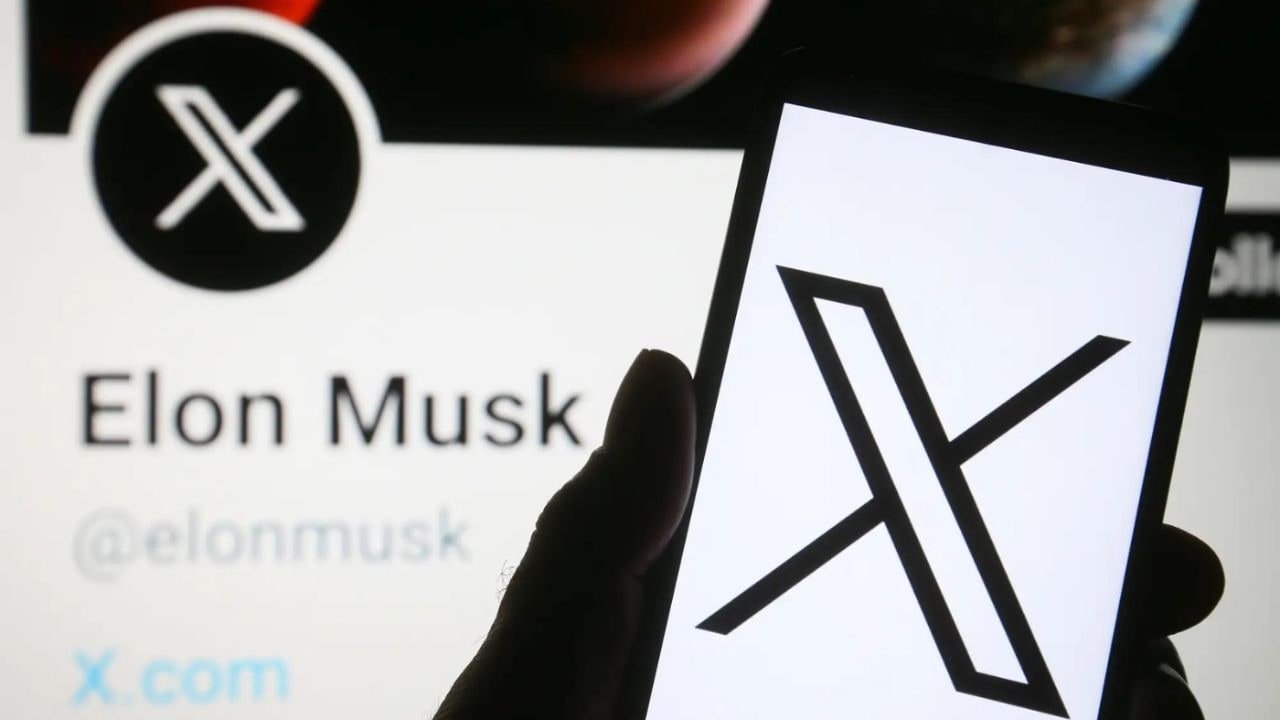Social media giant X Corp (formerly Twitter) has raised concerns about a new content-blocking mechanism introduced by the Central government, asserting that the process violates legal safeguards outlined in Indian law, as per media reports.
On Thursday, during a hearing in the Karnataka High Court, X Corp argued that while it fully intends to comply with Indian laws, the government’s content-blocking portal, Sahyog, bypasses essential protections outlined in Section 69A of the Information Technology Act, 2000 (IT Act).
Justice M Nagaprasanna, who was presiding over the case declined to grant interim relief to X Corp, noting that the Centre had assured the Court that there was no reason for the company to fear coercive action.
The judge reminded the court that X Corp had already given the liberty to approach the Court in case it faced any aggressive action, following an earlier ruling on March 17.
The matter has now been scheduled for final hearing on April 24.
X Corp is challenging directives that mandate its presence on the Sahyog portal, a platform through which government agencies can issue content-blocking orders to internet intermediaries like X.
The company’s legal team, led by Senior Advocate KG Raghavan, argued that the orders issued through Sahyog fail to comply with the mandatory safeguards of Section 69A of the IT Act.
Raghavan pointed out that the Supreme Court had previously upheld Section 69A in the landmark Shreya Singhal case, in part because of its built-in safeguards, which include post-decisional hearings for ex-parte blocking orders.
He questioned whether the same level of scrutiny is being applied under the new mechanism, which operates under Section 79(3)(b) of the IT Act, rather than Section 69A.
Raghavan argued, emphasizing that X Corp’s goal is to adhere to Indian regulations, including those targeting offensive content and deepfakes.
However, he asserted that blocking orders should not be issued solely under Section 79(3)(b) without the safeguards provided by Section 69A.
Section 79(3) of the IT Act stipulates that an internet intermediary loses its safe harbour protection if it fails to act against unlawful content posted by users, once notified.
Raghavan countered the Centre’s argument that previous Supreme Court findings related to Section 79(3) were per incuriam, maintaining that both Section 79(3) and Section 69A must be considered together.
